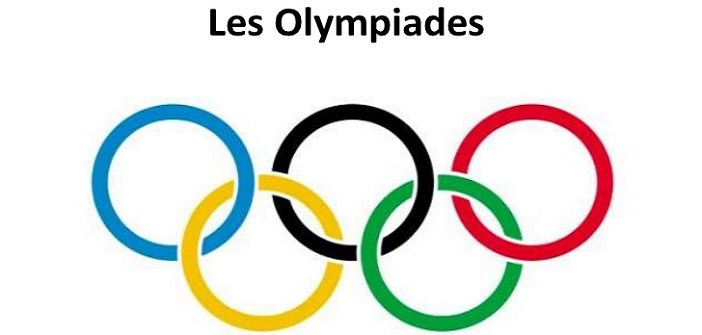All the stakeholders knew it from day one, even if many pretended otherwise: the preparation for the Paris 2024 Games was going to be political. At least for the first few years, before moving into a more operational phase.
Four years before the event, the facts confirm the prediction. Certainly, the athletes participate in the debate. But their voices struggle to be heard over those of political leaders. The “project review” announced by the organizers for the fall is unlikely to reverse the trend. It is expected to be a fierce battle between the COJO (Organizing Committee of the Olympic Games) and the elected officials of the concerned territories.
How is the balance of power maintained? After sports, venues, and marketing, comes the question of governance.
What has been accomplished
The casting. Uncommon for a future host country of the Games, the main actors of the bid are still in place. And, just as rarely, they have not changed their seats. In Lima, the Paris 2024 delegation was led by Tony Estanguet and Bernard Lapasset for the bid committee, Anne Hidalgo for the city of Paris, Valérie Pécresse for the Ile-de-France region, Denis Masseglia for the national Olympic committee, Emmanuelle Assmann for the Paralympic committee, Laura Flessel for the Ministry of Sports.
Three years later, the family picture has changed little. Bernard Lapasset has stepped back. He has let Tony Estanguet handle the COJO presidency alone, assuming a more consultative role as honorary president. Emmanuelle Assmann has also left the scene, replaced by Amélie Le Fur at the presidency of the French Paralympic and Sports Committee (CPSF). At the Paris City Hall, the Deputy for Sports and Tourism, Jean-François Martins, who was heavily involved in the bid and then during the early years of the Games preparation, has also stepped aside. His place has been occupied since the latest municipal elections by former rugby player Pierre Rabadan. Roxana Maracineanu succeeded Laura Flessel at the Ministry of Sports.
For the rest, the casting has remained unchanged. At the COJO, especially, key positions have barely changed hands. Etienne Thobois (CEO), Michaël Aloïsio (chief of staff to Tony Estanguet), Jean-Philippe Gatien (sports director), Marie Barsacq (impact and legacy director), Sophie Lorant (international relations director), Anthony Piqueras (venues and infrastructure director), Lambis Konstantinidis (planning and coordination director, IOC/IPC relations), were all part of the bid adventure. Today, with a handful of new recruits, they hold the reins of the team.
The same stability is found at SOLIDEO, where Nicolas Ferrand still manages the operation. However, Michel Cadot succeeded Jean Castex, the new Prime Minister, last month as interministerial delegate to the Olympic Games.
What remains to be done
Maintaining the balance. The cast has changed little, indeed, but the beautiful facade of unity displayed during the long bid phase now seems more fragile than ever. And the upcoming months, with the “project review” announced by Tony Estanguet, may well fracture the house.
The president of the COJO doesn’t hide it: the necessity to find 300-400 million euros in savings will require a redesign of the venue map. It will create casualties, and by extension a number of dissatisfied parties.
In Seine-Saint-Denis, several officials have not waited for the first announcements to speak out in the media. Stéphane Troussel, the department president, sums up the general concern. “If we need less flashy Games, why not, but I am very surprised that every time we think about savings, we target Seine-Saint-Denis,” he suggested at the beginning of July on France Bleu.
Deliberately staying in the background during the municipal campaign, Anne Hidalgo fully intends to weigh in on future decisions. Above all, she is determined to enforce her prerogatives and authority. She indicated this in her own way, with a phrase full of innuendo: “The COJO must understand that it cannot decide on its own.”
The mayor of Paris insists: “The Paris 2024 Games occur in a post-COVID period, after the postponement of the Tokyo Games. It’s a state matter, not just a matter of sports federations, even if the Games are primarily sports events.”
The last area of concern, which could also threaten the balance: the CNOSF. Denis Masseglia, its president, will hand over the keys to his office in June 2021, having reached the age limit of 70. Three names are circulating to succeed him: Michel Vion and Patrice Martin, respectively presidents of the French Skiing and Water Skiing Federations; Thierry Rey, another key figure of the COJO Paris 2024, where he serves as an advisor.
None of the three men is officially a candidate. Nor does any of them, at first glance, seem to represent a risk to the engagement and loyalty of the French sports movement towards the Paris 2024 Games. But in a balance of forces weakened by the health crisis and its consequences, the slightest misstep could lead to a downfall.


